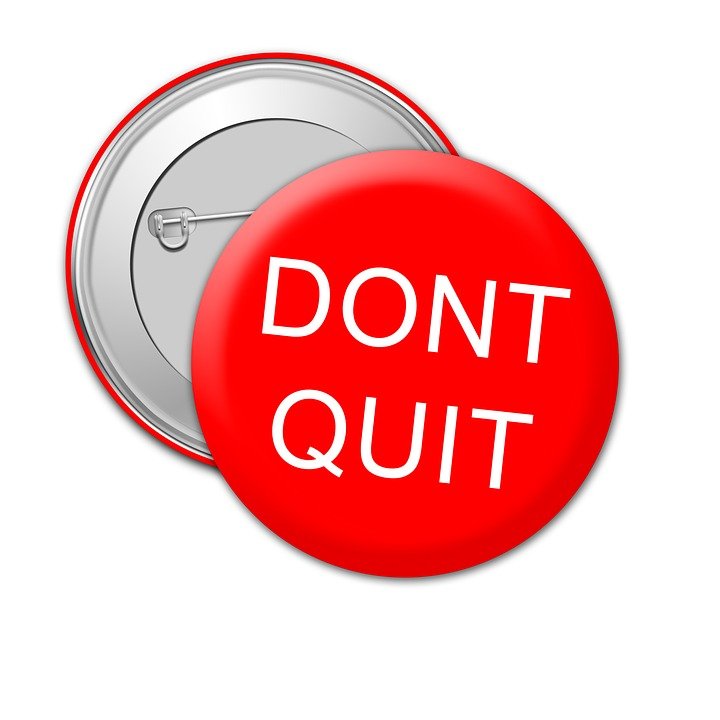“I hate my job”; “I hate my company and my boss.”
Do you feel the same? Many people hate something or the other about their work. Most of us possibly hear someone complain about their job or their boss nearly all days. But while hating your work is a pretty common experience, that does not make it less difficult to handle. After all, you spend half of your day ay work. If you cannot stand what you do, it is difficult to feel good about your own life.
What to do when you hate your job
What can you do if you do not like your job, your boss, your company, your industry, or even everything about your working life? The first thing is always first: Do not broadcast your feelings. Complaining about your profession can backfire, whether you went to the office, to colleagues while you are out for lunch, or online or during off-hours. It compromises the level of skilled integrity that you convey and might even result in getting the boot.
However, you do not have to stay in a place which you think is not the right fit. If you have just started your job, there may be certain things that can be done to salvage it. There are also a few steps that you can take to move on if don’t like your job and you are not satisfied with your workplace. Too many people spend too much time in your professions or work environments they dislike or even hate actively.

It is in your best interest to find work that is the right fit. You will be satisfied, sure, but you will also perform better at your job. That can lead to better opportunities later, including raises and promotions.
Keep your thoughts to Yourself
If you hate your job, keep this thought to yourself. Don’t announce it in front of the world through social media or other mediums; the more you broadcast your dislike, the more likely it is that wrong individual will come across your complaints and share them with supervisors, co-workers, and company executives.
But employees are not the only ones who use social networking websites, employers also do. For example, Tweets, show up in the Google search. And, if you are not cautious about your Facebook privacy settings, you are opening yourself up for the wrong person to stumble across your dissatisfaction there, also. It is better to strategically plan your exit from the organization.
Do not simply quit
You should not quit your job just like that. The frustration of working at a place you cannot stand can be difficult to handle. But most of is cannot resign in haste- not without another job waiting in the queue.

Start by considering options for making the workplace a happy place:
- Are you sure you want to quit or is it just that you are going through a difficult time?
- Is there anything you could do to be happy at work?
- Could you ask for a shift or a transfer change? Is there anything that can make a difference and convince you to work in the office?
Start job hunting
Start searching for a job quietly and secretly. You should never broadcast the fact that you are searching for a new job. Nobody in your office, including your boss, should know that you are planning to leave until you get a job and you are ready to share this news.

